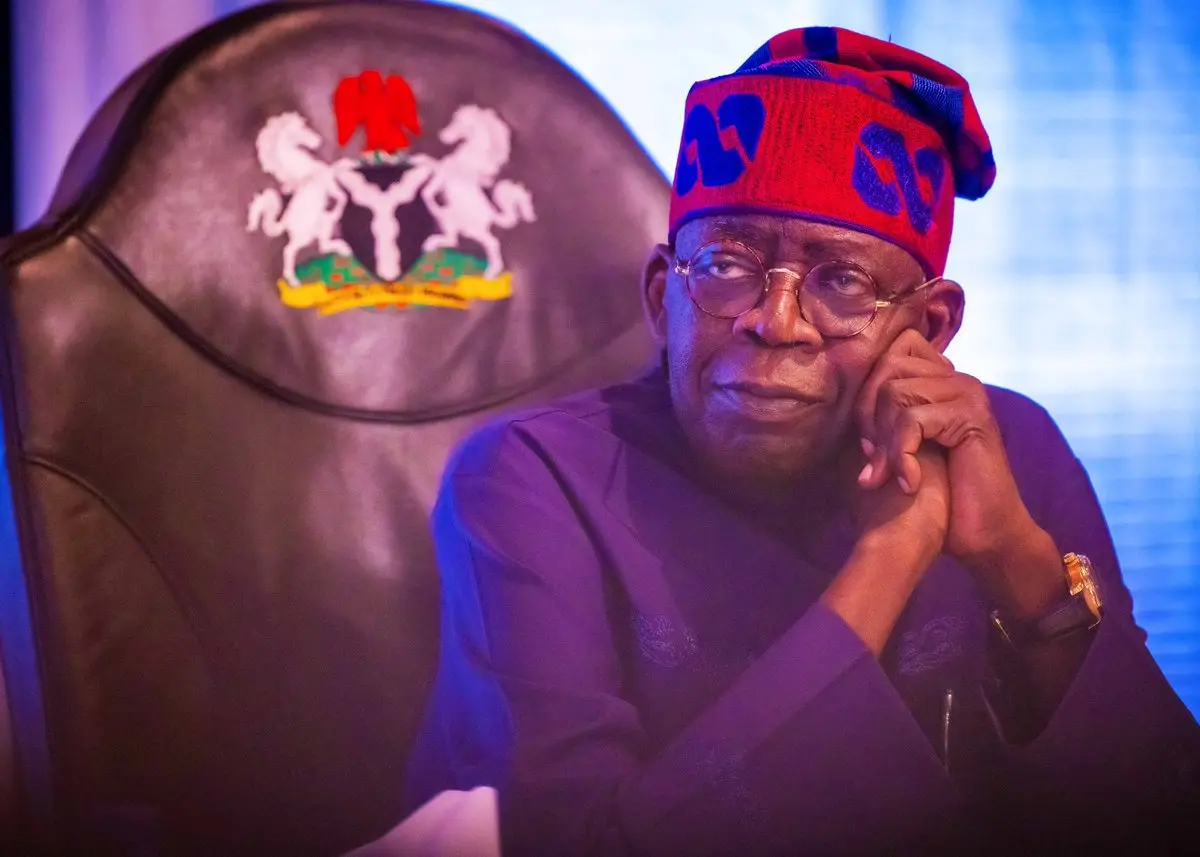The subsidy removal policy, it must be said, has sent both the economy and society into a tailspin. Yet, its short to long-term success, ab initio, depends on a simultaneous implementation of some “palliative measures” to cushion the inflationary effects on the poorest households, if not on everyone else.
These measures, according to the government, are built on a tripod. The first is a mass transit scheme. The second is to promote the conversion of automotive engines in vehicles from petroleum fuels to Compressed Natural Gas (CNG). The third is the $800 million World Bank loan for use as cash transfer of N8,000 each to 12 million households with a view to a positive multiplier effect on 60 million Nigerians overall.
There is also the separate but complementary food security policy of distributing grains in the short term either directly to the indigent or to the markets to crash prices. This is not part of the subsidy removal policy per se, but coming at the same time, its positive impacts can equally help the poor and virtually everyone else.
Right now, however, the entirety of this palliative policy is in shambles. But let us begin with the weirdest of all for today, the cash transfer policy. It is not clear to me why the federal government wants to borrow money in scarce dollars only to pay it out to Nigerians in naira. What kind of economics is that? It is like borrowing your own shirt from your neighbour because the federal government owns the naira; the World Bank does not. People do not normally borrow what they already own from someone else, certainly not when they have to pay back through the nose.
- Anthrax disease: Lagos destroys 6 infected animals
- Snakebites: Rising deaths heighten calls for local anti-venom drug production
My point is that Nigeria does not need a loan in dollars to make payments in naira to Nigerians. If the federal government needs money to construct electricity plants, or build refineries, or buy Marco Polo buses, or import fuel, then you will need dollars to complete those transactions. If you don’t have those dollars, or don’t have them enough, then you might have to borrow from say the World Bank. But if the transaction you wish to complete is 100% in naira, such as giving conditional cash transfers to the poorest among your own citizens to spend for food or for transportation within Nigeria, then you absolutely don’t need a loan in dollars from the World Bank for that.
Borrowing $800 million to pay palliative transfers to the poorest Nigerians in naira is like carrying a sack of potatoes on your head while being seated on the bus for a long journey. You might think you are being responsible, but everyone knows you are just being foolish.
I hope the point is clear by now, but to elucidate further, the Federal Government of Nigeria has many options to get the naira equivalent of the $800 million without going cap in hand to any external sources for it. The government can borrow it from the Central Bank of Nigeria at zero interest. It can borrow it from our own banks, or our pension schemes, or our own insurance companies at some reasonable interest. In fact, the federal government could quite simply create the naira equivalent through quantitative easing, one of the lifelines of all governments.
Doing any of these would be better than borrowing at cut-throat interest rates from dollar-denominated external sources. Has anyone ever wondered why nearly all Nigerians know that the government has borrowed $800 million from the World Bank but almost no one seems to know at what interest rate? You can borrow locally or simply create the money. And yes, neither would cause inflation any more than if you borrowed from elsewhere.
In fact, that is precisely how the United States, Britain and the leading European Union economies got out of the economic catastrophe of COVID pandemic in 2020-2021. They simply created as much as was needed in their own currencies to keep families in lockdown and businesses—large and small, and even whole industries like the airlines—afloat. They didn’t need to borrow from the World Bank, or the IMF, or anyone else at hidden interest rates.
Sometimes a powerful idea is actually a simple one and what Nigerian government officials need is that independence of mind to consider several options, and the awareness that the best economic policies must not always carry the approval stamp of foreign institutions or governments.
However, it is one thing to have the money, by borrowing or otherwise. It is another thing to actually get it to the target poor in direct cash transfers. That requires a credible list or register of the 12 million households, the names and bank details of the heads of those households, and where possible the personal information details, or at least the headcount, of the dependents in each of the households. That is the only way you can make and track not only the transfers, but also any impacts they may be making over time.
No such list exists anywhere in Nigeria now. For sure, the federal government has some lists, at least one of which until now was generally regarded as reliable and robust. But the government itself has traded that list with the governors in a recent meeting. The government ceded ownership, and credibility, of its register of the poor to the state governments to develop their own, bringing the whole process back to square zero. Who in Nigeria will trust the state governments to effectively deliver cash transfers or grains to the poor in their domains, given what we saw only three years ago during COVID?
State governments are notoriously the weakest links in our governance system, first because they have emasculated the local governments, and secondly, because they lack, almost entirely, effective scrutiny and accountability systems of the sort the federal government is subjected to by the national legislature, the courts, civil society organisations, media and activist citizens. For the federal government to hand over the implementation of cash and grain palliatives to the state governments is simply to absolve itself of the responsibility for its own policy.
This brings us to the final issue for today. What happens after the six months when the cash transfers are expected to end? Would the inflationary effects of subsidy removal end after six months? Would the poorest of the poor among us be better or worse off when the cash transfers end? Most people find it hard to wean themselves of freebies; therefore, many families might find themselves actually worse off than before the transfers began.
Moreover, right now most people are looking for their own personal means of adjusting to the changes. These cannot endure for long, however. The real effects of subsidy removal will set in when trying to adjust to demands for wage increases that will definitely come from employees, even sizable companies must choose between wage increase and lay-offs. When we get to that point, there will be one question worth asking about the whole of this subsidy removal policy, regardless of any kind of palliatives.
What do you say about a medicine that works so well that it kills the patient?

 Join Daily Trust WhatsApp Community For Quick Access To News and Happenings Around You.
Join Daily Trust WhatsApp Community For Quick Access To News and Happenings Around You.

